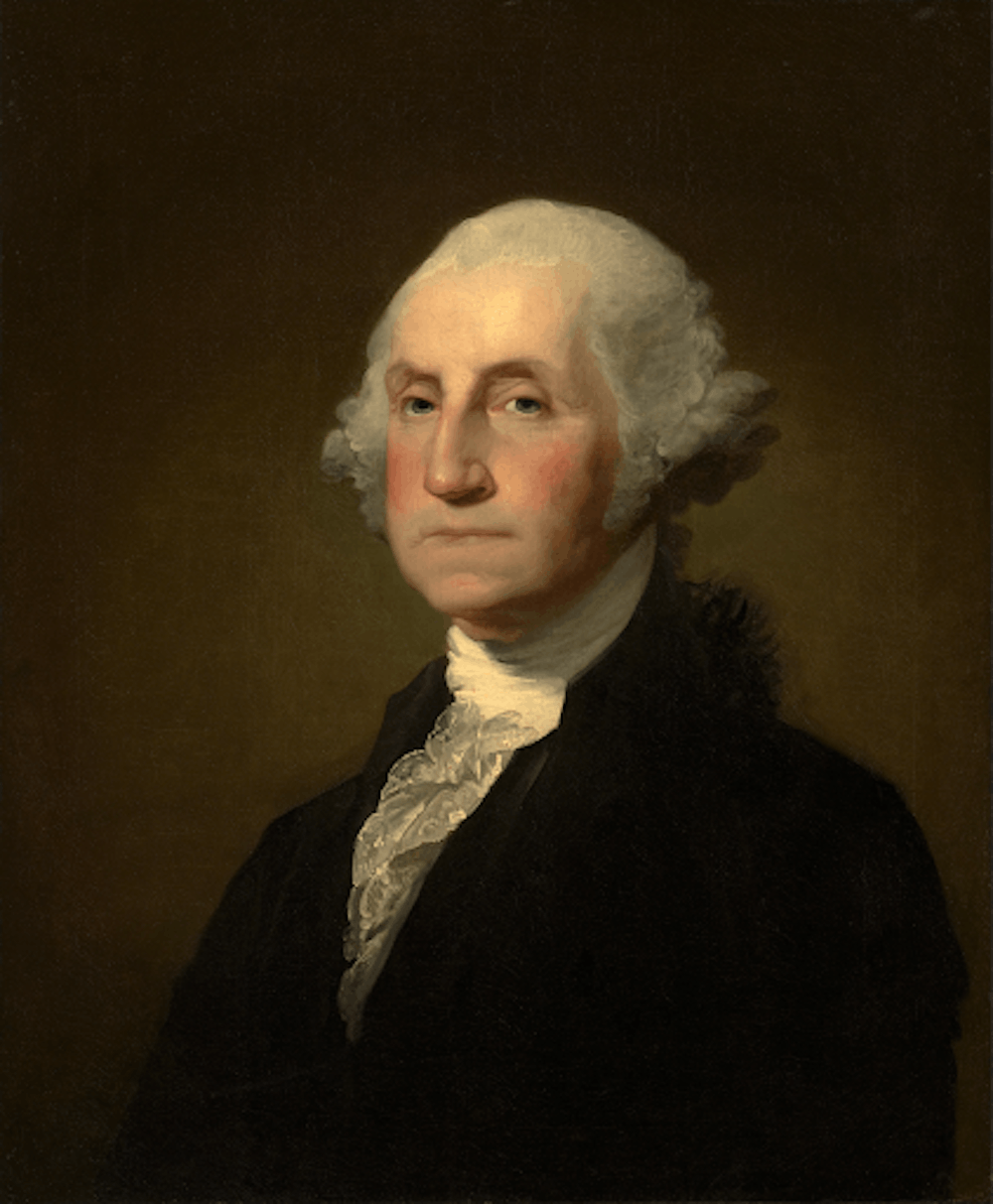By Shaim Akhtar
Staff Writer
On the third Monday of every February in the United States, President's Day is celebrated, commemorating the birthday of the nation's first president: George Washington.
While the common name for the event is President's Day, the federal government officially recognizes the holiday as Washington's Birthday. Over 41 states celebrate the holiday in conjunction with honoring other historic presidents, such as Abraham Lincoln and Thomas Jefferson.
Throughout the early 1800s, Americans celebrated Feb. 22 to commend Washington's significant efforts in leading the newly constructed nation into stability and out of war. In 1879, the tradition became official when President Rutherford B. Hayes declared Washington's Birthday a federal holiday.
However, a century later, Congress passed the Monday Holiday Law, which permanently moved the holiday to the third Monday of February. The change aimed to benefit both the spiritual and economic life of the nation by creating a three-day weekend for some observed federal holidays.
Throughout the United States, there are multiple traditions hosted in honoring President’s Day.
During the day, Congress annually convenes for a legislative session to hear Washington's farewell address read by a United States senator as part of the holiday celebration.
In various parts of the nation, cherry pie and other desserts made with cherries are enjoyed, inspired by the tale of Washington chopping down a cherry tree and his honesty about the incident.
In Washington's home state of Virginia, the renowned President’s Day parade is held in Alexandria. The event honors influential community members, including Washington, who resided near the city in the late 1700s.
While in Eustis, Florida, Georgefest is held in order to commemorate the holiday by holding carnival rides and games, a bass tournament, Running of the Georges Race, a dog jog, a parade, contests, vendors and live entertainment.
Ultimately, Washington's influential leadership in the 1700s has had a significant impact on the modern United States, allowing the nation to celebrate his legacy on President's Day.







